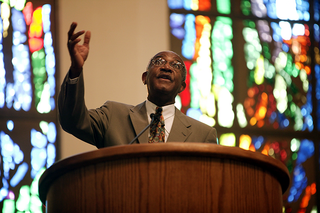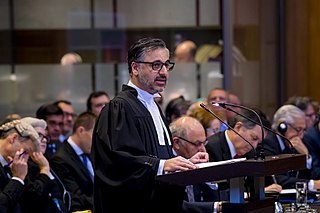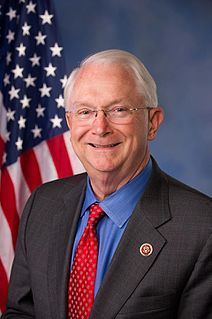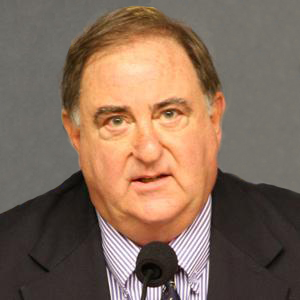A Quote by Husain Haqqani
Throughout the Arab and Islamic world the feeling is that we are now in top gear for a war of civilizations, a clash of civilizations. Support for the United States is very low and there are no voices within the Muslim world, except for a very few.
Related Quotes
It is my hypothesis that the fundamental source of conflict in this new [post-Cold-War] world will not be primarily ideological or primarily economic. The great divisions among humankind and the dominating source of conflict will be cultural. Nation states will remain the most powerful actors in world affairs, but the principal conflicts of global politics will occur between nations and groups of different civilizations. The clash of civilizations will dominate global politics. The fault lines between civilizations will be the battle lines of the future.
Setting aside moral considerations, those who flirt with hate speech against Muslims should realize they are playing directly into the hands of al-Qaeda and the Islamic State. The terrorists' explicit hope has been to try to provoke a clash of civilizations - telling Muslims that the United States is at war with them and their religion.
We have reaffirmed again and again that the United States is not and never will be at war with Islam. Islam teaches peace, and when it comes to America and Islam, there is no us and them, there's only us, because millions of Muslim Americans are part of the fabric of our country. So, we reject any suggestion of a clash of civilizations.
When it comes to the common rights and needs of men and women, there is no clash of civilizations. The requirements of freedom apply fully to Africa and Latin America and the entire Islamic world. The peoples of the Islamic nations want and deserve the same freedoms and opportunities as people in every nation. And their governments should listen to their hopes.
In the Islamic world, the U.S. is seen in two quite different ways. One view recognizes what an extraordinary country the U.S. is. Every Arab or Muslim that I know is tremendously interested in the United States. Many of them send their children here for education. Many of them come here for vacations. They do business here or get their training here. The other view is of the official United States, the United States of armies and interventions.
I said I didn't respect religion... and anyone who believes in fairy tales to answer questions that we can't answer... So I don't respect our religions either. But I do believe it is a clash of civilizations, absolutely, between the Islamic world and the Western world. It has been going on for 1,000 years.
I hate the tribal hatred thesis - in Yugoslavia and Rwanda and places like that they kill each other because that's just what people do there. I think it's profoundly ignorant. I was astonished when Samuel Huntington wrote his famous clash of civilizations essay in response to the Yugoslavian war. I was on the streets in Sarajevo and every other person I met came from a mixed marriage. And here is Professor Huntington from Harvard writing this is a clash of civilizations. That was absurd.
Fulla is the Arab world's answer to Barbie. Now, according to proponents of the clash of civilizations, Barbie and Fulla occupy these completely separate spheres. They have different interests. They have divergent values. And should they ever come in contact... well, I've got to tell you, it's just not going to be pretty.
Muslims naturally saw Christendom as their arch rival. One point that is really important to bear in mind, particularly in addressing an American audience, and that is that the Islamic world has a very strong sense of history. In the Muslim world, history is important and their knowledge of history is not always accurate but is very detailed. There is a strong historical sense in the Muslim world, a feeling for the history of Islam from the time of the Prophet until the present day.
To speak specifically of our problem with the Muslim world, we are meandering into a genuine clash of civilizations, and we're deluding ourselves with euphemisms. We're talking about Islam being a religion of peace that's been hijacked by extremists. If ever there were a religion that's not a religion of peace, it is Islam.
In the Islamic world, the U.S. is seen in two quite different ways. One view recognizes what an extraordinary country the U.S. is.The other view is of the official United States, the United States of armies and interventions. The United States that in 1953 overthrew the nationalist government of Mossadegh in Iran and brought back the shah. The United States that has been involved first in the Gulf War and then in the tremendously damaging sanctions against Iraqi civilians. The United States that is the supporter of Israel against the Palestinians.

































